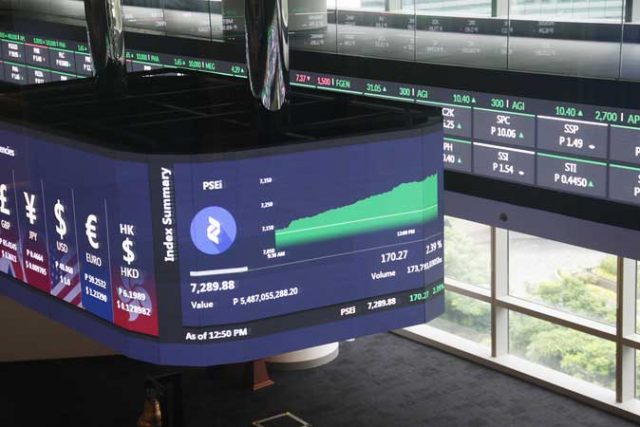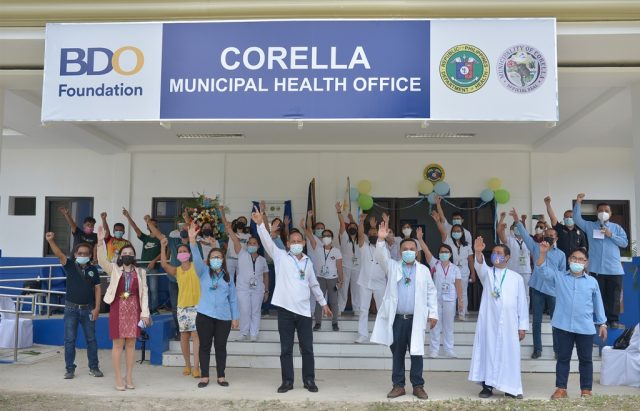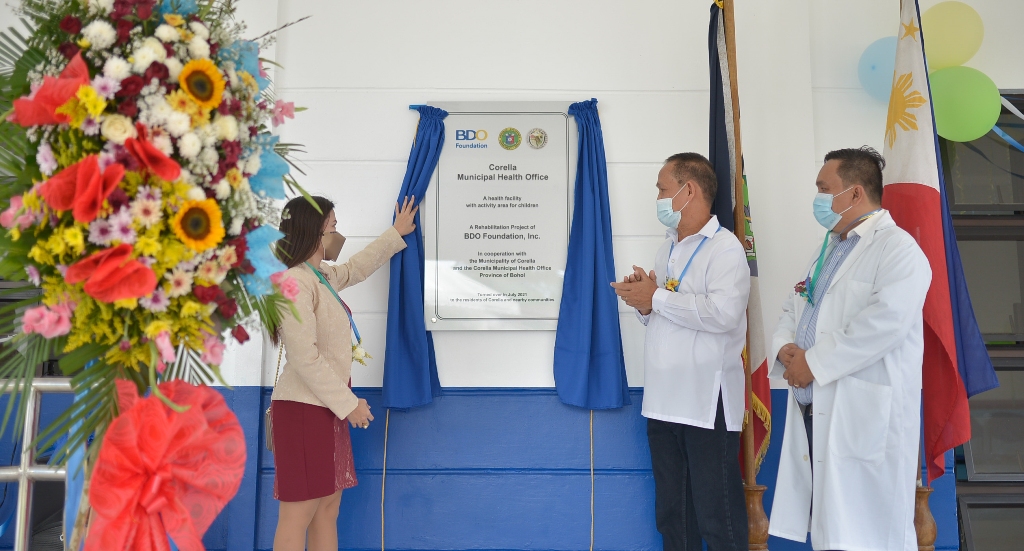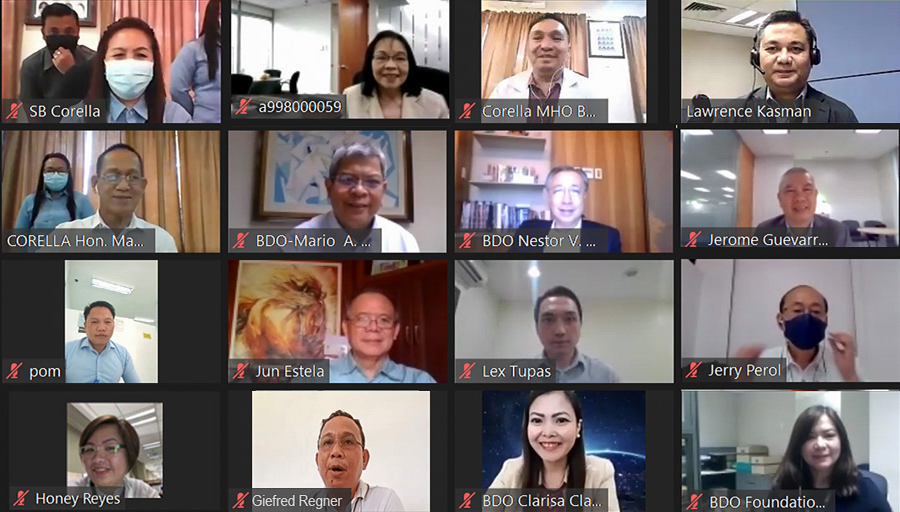GCash waives Padala fees this ECQ, from Aug. 6 to 20
Leading mobile wallet and digital payment solutions provider GCash is extending a new service called GCash Padala.
GCash Padala is a more affordable, faster and easier way for Filipinos without an e-wallet account to send and receive money instantly, and free of charge, anywhere in the Philippines via the GCash app. In an effort to reduce our travels, and keep our activities to only the essentials, GCash Padala allows senders to save time and effort from physically going to remittance centers, giving them the option to do all this through their mobile phones.
While GCash Padala boasts one of the lowest remittance rates, charging up to as low as a 1% remittance fee with a minimum send of P500, in an effort to extend much needed help and alleviate today’s Filipino of worrying to go out of their homes this ECQ, GCash is waiving all Padala fees from August 6 to 20, 2021.
“We hope our new service brings more Filipinos the ease and convenience of sending money during this ECQ,” said Winsley Bangit, GCash Chief Customer Officer. “GCash Padala aims to make everything Pinabilis, Pinamura, at Pinadali for users and recipients alike. Hopefully, this also encourages those who are still reluctant to use financial technology to download the GCash app and experience the convenience and ease it continues to bring many Filipinos here and around the world.”
To claim the transaction, recipients just need to present 1 valid ID through any of the 2,000 GCash Padala partners located nationwide like Posible, Go VIP Center, Tambunting, Panalo Express, and local authorized “pera outlet” sari-sari stores too. The claiming process is made easier and more convenient to also prevent recipients from spending too much time outdoors.
To access the service, the sender logs into the GCash app, selects “Send Money,” and taps the “GCash Padala” option. A user interface pops up next where the sender will key in the intended recipient’s full name, mobile number, and the amount of money to be sent. Afterwards, the sender has to confirm the transaction and pay for it using existing funds from his GCash account to send the money successfully. A notification with reference number of the transaction, and other detailed information, will be sent via text message to both the sender and the recipient in real-time as soon as the process has been completed.
GCash Link: https://go.gcash.com/padala
GCash Website: https://www.gcash.com/services/padala
GCash List of Partners: https://www.gcash.com/partners/padala
Join us on Viber to get more updates from BusinessWorld: https://bit.ly/3hv6bLA












